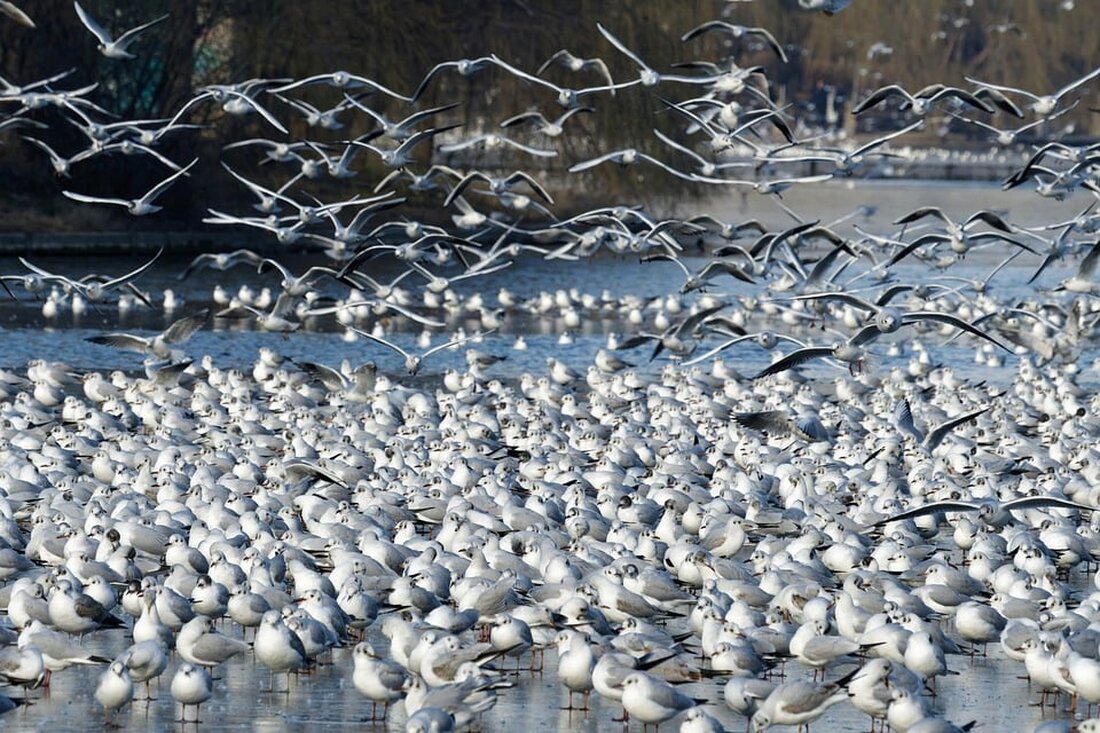The controversial refugee accommodation in Berlin-Pankow could possibly remain permanent

The controversial refugee accommodation in Berlin-Pankow could possibly remain permanent
The controversial refugee accommodation at Schönhausen Schlosspark in Berlin-Pankow will remain permanently according to current information. The special building law according to paragraph 246 of the Building Code provides for a "dismantling obligation", but it is unlikely that the two L-shaped buildings will be demolished after the planned at least five years of use. Instead, their use could be carried out in the long term as regular houses, as it was originally planned.
The decision to maintain the refugee home at Schönhausen Schlosspark in the long term is understandable due to the increasing demand for living space in Berlin. The capital of Germany has experienced a massive influx of people in recent years, which has led to an enormous pressure on the housing market. It is therefore understandable that alternative solutions are sought to alleviate the lack of living space.
The refugee accommodation at Schönhausen Schlosspark was controversial in the past. Many residents were concerned about possible effects on the living environment and the cityscape. The decision to permanently use the buildings as regular houses could alleviate these concerns, since the refugee accommodation would thus be integrated into the existing range of housing.
The use of the buildings as regular houses could also be an advantage for the residents, since the infrastructure and the supply options are already available nearby. Due to the integration into the existing residential area, refugees could be integrated into society faster and reduce any social barriers.
Nevertheless, there are also voices that express concerns about the planned durability of the buildings. Critics argue that the lack of living space cannot be solved by converting temporary accommodations. In addition, there is concern that the planned use of the buildings as regular residential buildings could lead to a permanent "ghettoization".
It remains to be seen how the situation develops and whether the plans for permanent use of the buildings are implemented as regular houses. The need for affordable living space in Berlin is undoubtedly high, and alternative solutions have to be found to meet the increasing need. The fate of the refugee accommodation at Schönhausen Schlosspark will therefore continue to be in the public debate and influence the discussion about living space and integration in Berlin.
